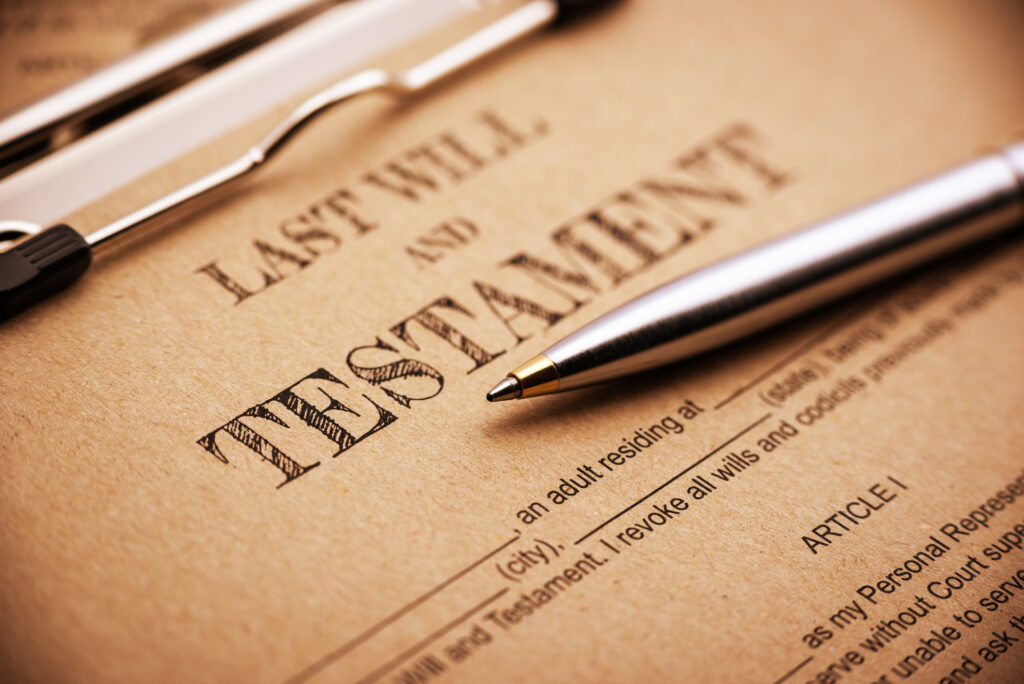Wills and Probate: Key Points to Consider in Pennsylvania
Choosing the right lawyer for creating your will, understanding the process of making a will in Pennsylvania, deciding on the best will to have, and assessing the costs involved are fundamental steps in effective estate planning. This article aims to provide answers to these crucial questions.

What Type of Lawyer is Best for Wills?
When it comes to preparing a will, the best lawyer to consider is an estate planning attorney. These lawyers specialize in assisting clients in organizing their estates for their eventual passing. Their expertise encompasses wills, trusts, probate laws, and estate taxes. An experienced estate planning attorney will understand the intricacies of state laws, provide valuable advice tailored to your specific needs, and ensure that your assets are distributed according to your wishes upon your demise. The lawyer will also be able to help you navigate potential estate taxes and provide guidance on avoiding probate, if necessary.
How Do I Make a Will in Pennsylvania?
To create a valid will in Pennsylvania, you need to follow the requirements set by Pennsylvania law. First, you must be at least 18 years old and of sound mind. The will must be in writing, and it must be signed by the testator – the person making the will. It is also advisable to have your will signed in the presence of two witnesses, who will then sign it themselves. This makes the will ‘self-proving,’ which expedites the probate process after your death.
While you can draft your will, involving an estate planning attorney can provide added assurance. They can ensure that your will is legally enforceable and that your assets are distributed in accordance with your wishes.
Related: How to Track and Check Child Support Payments
What are the Best Wills to Have?
The best type of will largely depends on your personal situation. Here are some common types to consider:
- Simple Will: This straightforward document distributes assets after your death. It’s best for individuals with a small estate and uncomplicated distribution preferences.
- Testamentary Trust Will: This will sets up one or more trusts for your assets upon your death. It’s useful for those who need their assets managed for the benefit of minors or others who might not manage the assets wisely.
- Living Will: Although not a will in the traditional sense, a living will outlines your wishes for medical care if you become unable to make decisions for yourself.
- Joint Will: This will is typically created by a married couple to leave everything to the surviving spouse.
An estate planning attorney can help you determine which type of will is best for your circumstances.
How Much Does a Simple Will Cost in Pennsylvania?
The cost of a simple will in Pennsylvania varies based on complexity and the attorney’s fees. However, you can typically expect to pay between $150 and $600 for a basic will. This cost generally includes consultation, drafting of the will, and execution in the presence of witnesses.
How Much Does it Cost to Draw Up a Will in Pennsylvania?
Drawing up a more complex will in Pennsylvania, such as a testamentary trust will or a will with detailed distribution provisions, will cost more. The price generally ranges from $1,000 to $3,000, again depending on complexity and the attorney’s experience. These figures are estimates; costs can vary widely.
Can I Do a Will Without a Lawyer in Pennsylvania?
Yes, it’s possible to create a will without a lawyer in Pennsylvania. You can use online will-writing services or draft one yourself. However, there are risks. If a will is not correctly drafted or executed, it may be declared invalid, and your assets will be distributed according to state laws, not your wishes. Therefore, even if you choose to draft your will, it’s wise to have it reviewed by an estate planning attorney.
In conclusion, creating a will is a critical step in ensuring your assets are handled according to your wishes after your death. It’s essential to understand the types of wills available, the process of making a will, and the costs involved. Although it’s possible to draft a will on your own, the guidance of an estate planning attorney can provide peace of mind that your will is legally sound and your intentions will be respected.
This article is intended to provide general information about wills and probate in Pennsylvania and does not constitute legal advice. Each individual’s situation may vary, and laws can change over time. Therefore, it’s crucial to consult with a professional legal advisor or estate planning attorney to address your specific needs and circumstances. Do not rely solely on this information to make legal decisions.
